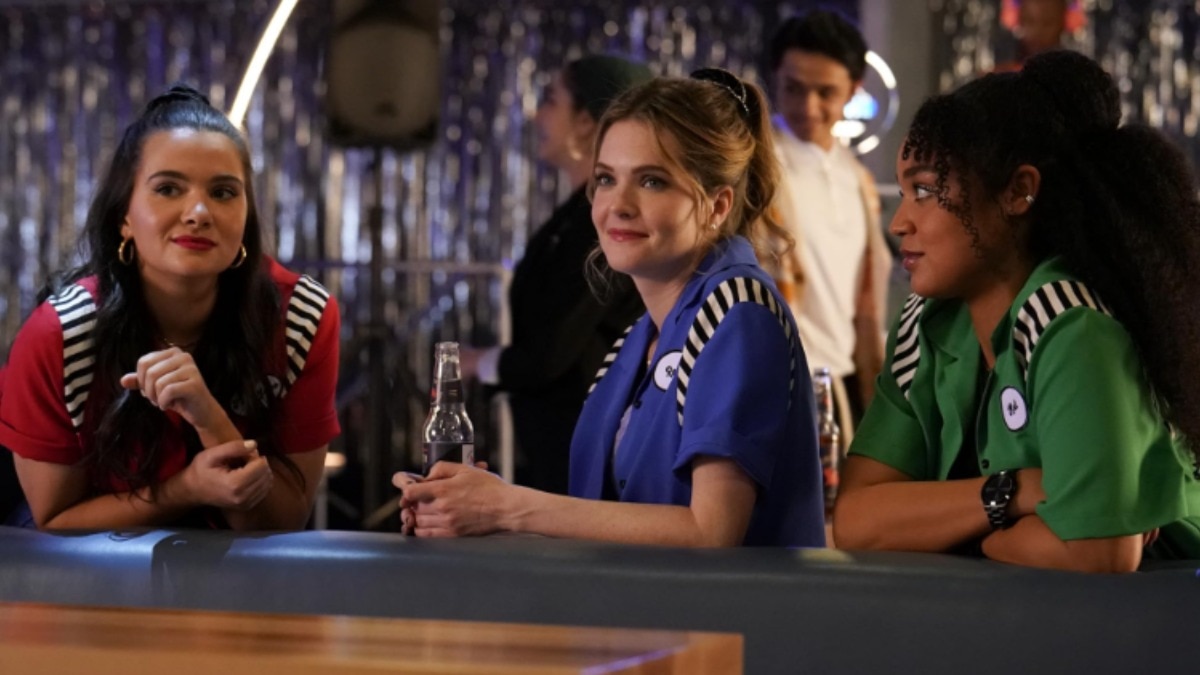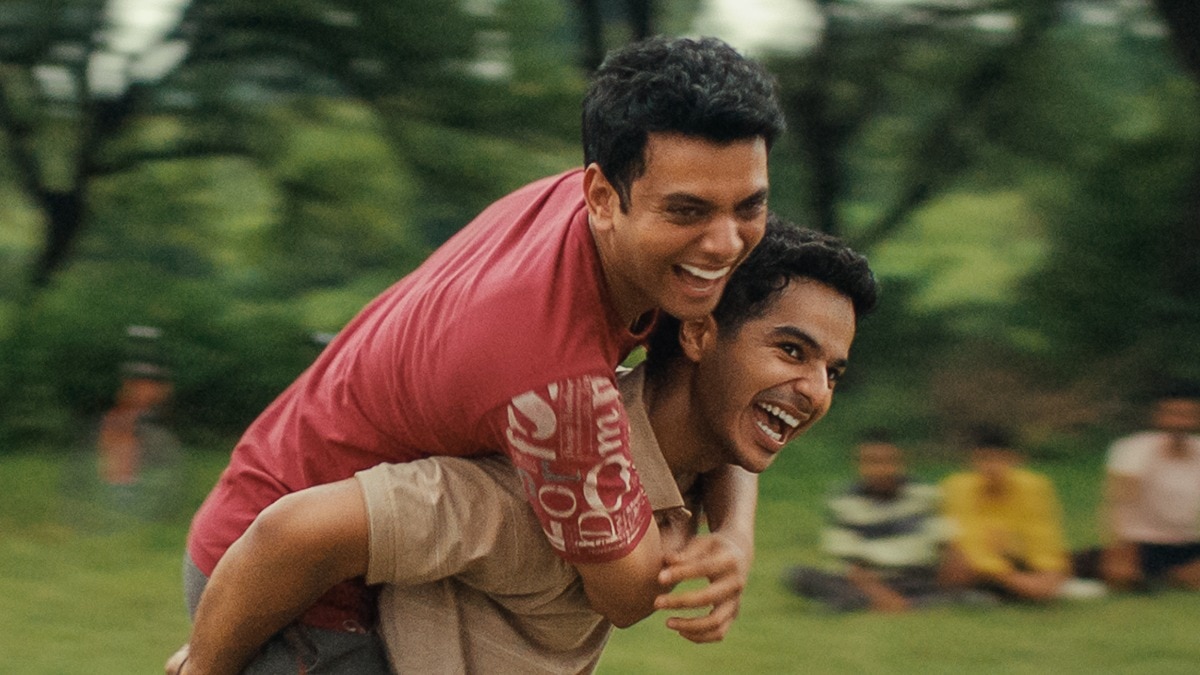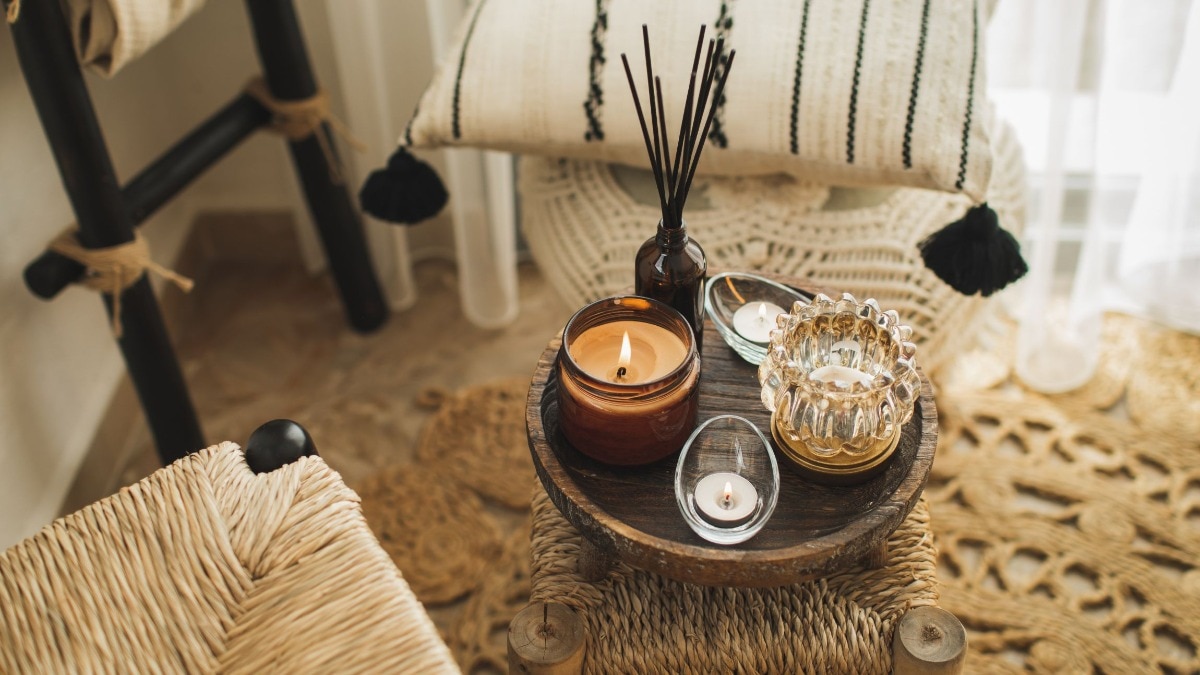5 firebrand women who've etched their names into our history books
The creator behind the popular Instagram account @brownhistory recounts the achievements of these pathbreaking women.


In order to persevere when the going gets tough, the catalyst to continue relentlessly can come in myriad forms. In this case, it comes from the persistent spirit of these inspirational women who carved a place for themselves in history and beyond.
Princess Indira Devi

With the onset of World War II, Princess Indira Devi drove motor ambulances during air raids in Britain, where she had moved in her early 20s to become an actor. Originally from the royal family of Kapurthala, Devi had different jobs that included working as a postal censor for a brief period. In 1942, she joined BBC and came to be known as the ‘Radio Princess’. She hosted a half-hour programme for South Asian forces who were fighting in locations around the Middle East and the Mediterranean. Devi also broadcast The Debate Continues, a weekly report for South Asian audiences on the proceedings in the House of Commons. She was the only woman in the Press Gallery and she continued to work for the BBC until 1968.
Noor Inayat Khan

Khan didn’t join the war for Britain; she did it because she valued freedom above all. Raised in Paris by an Indian father and an American mother, she escaped to Britain when the city was occupied by the Germans in 1940. On joining the Women’s Auxiliary Air Force, she was soon recruited to be the first female radio operator sent into Nazi-occupied France. She evaded capture many times, changing her looks, outfits, and routine, and making sure she did not stay in the same place for too long. When Khan’s crew was captured, she stayed on and did the work of six men all by herself. Eventually, she was betrayed and captured, and over the next 10 months, she was kept in chains in solitary confinement. Despite repeated torture, she refused to reveal any information. In 1944, Khan was transferred to a concentration camp and executed by gunshot. She was only 30. Her last word was “liberté!”
Jayaben Desai

Jayaben Desai worked in a factory in north-west London where the workforce was made up mostly of South Asian women. They were overworked, exploited, and paid little. On Friday, August 20, 1976, Desai reached her breaking point when she was asked to work overtime. She walked out in protest, yelling at one of the managers, “What you are running here is not a factory, it is a zoo. But, in a zoo, there are many types of animals. Some are monkeys who dance on your fingertips, others are lions who can bite your head off. We are the lions, Mr Manager! I want my freedom!” These powerful words marked the start of the historical Grunwick strike, which lasted two years, and was joined by thousands. Even though they were ultimately defeated, the protesters forever changed the way Britain saw immigrant workers and demolished the stereotype of South Asian women as being submissive and passive.
Minnette De Silva

As a student at the Architectural Association School of Architecture in London, Minnette de Silva was often spotted wearing one of her colourful saris, followed by a line of young male students carrying her bags and instruments. Now considered one of Sri Lanka’s first modernist architects, the Kandy-born de Silva launched herself into London society and was friends with the likes of Pablo Picasso and Jo Davidson. Eventually she became the first South Asian woman to be elected an Associate of the Royal Institute of British Architects. In 1948, she moved back to Sri Lanka and was one of only two women in the world at the time to establish an architectural practice in her own name. The Pieris House and the Asoka Amarasinghe House are two of her works that can still be seen in Colombo.
Arati Saha

In 1959, Arati Saha became the first Asian woman to successfully swim across the English Channel in 16 hours and 20 minutes. It was not easy to get there. First, she and her team had to raise funds that eventually included a request to the Chief Minister of West Bengal and to then-Prime Minister Jawaharlal Nehru. In her first attempt, Saha went up against 58 swimmers from 23 different countries (men and women). She had a rough start, which included arriving late to the contest, bad weather, and strong currents. But Saha didn’t let that defeat her. She tried again a few months later and was successful. All India Radio announced her achievement to the country.










